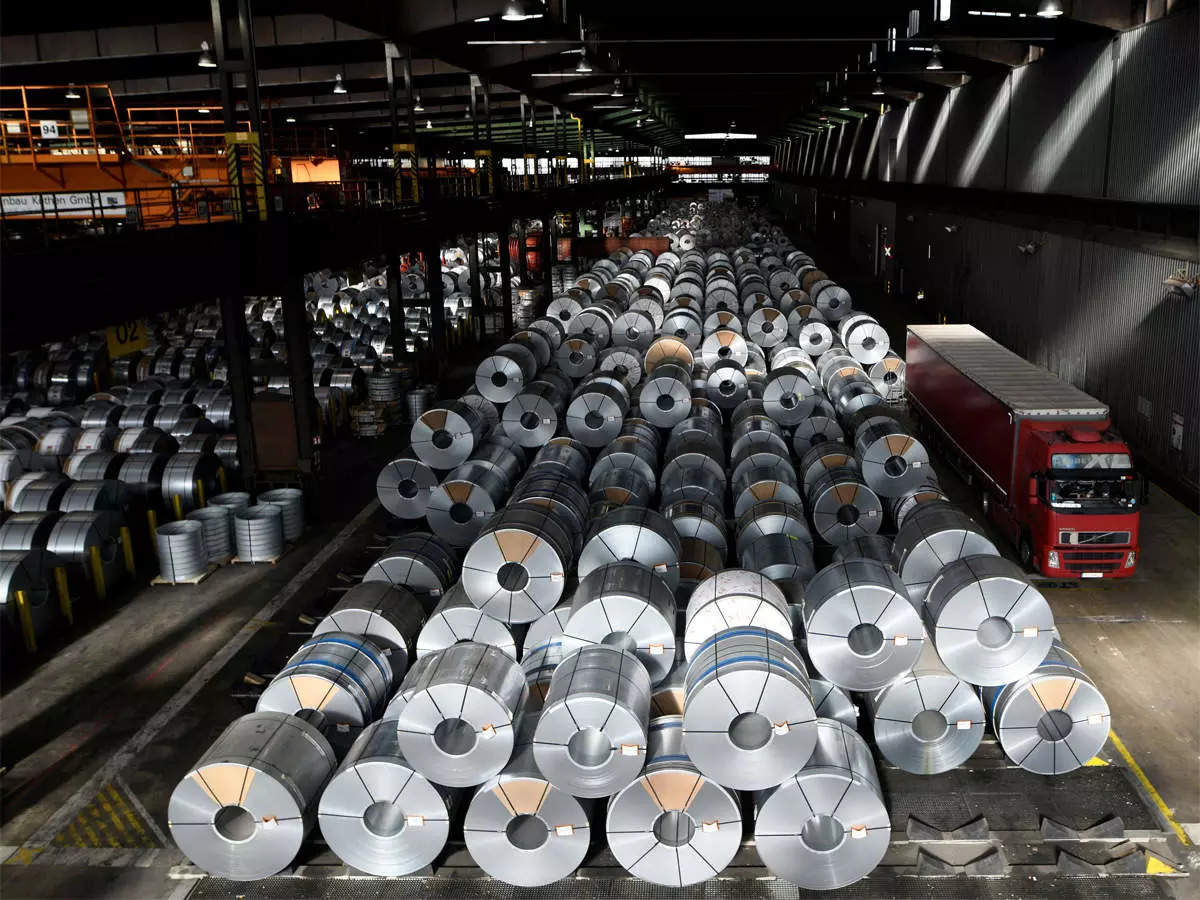As the federal government considers imposing further duties to curb the inflow of cheaper metal imports, that are impacting home producers, the Engineering Export Promotion Council of India (EEPC India) in addition to chrome steel producer Jindal Stainless (JSL) have voiced their considerations concerning the potential results of those protectionist measures.
EEPC India, the organisation advocating for engineering items exporters, is towards limiting metal imports from cost-effective markets. In response to the council, curbing metal imports from China will severely influence the engineering items sector, particularly MSMEs, which depend upon competitively priced metal to maintain operations. “It’s crucial to maintain home metal costs aggressive. The worth differential between Chinese language metal and Indian-produced metal is critical. This worth benefit allows downstream industries, particularly MSMEs, to stay aggressive in home and world markets,” says Arun Kumar Garodia, Chairman of EEPC India.
A number of small companies are into producing steel-based engineering items. As MSMEs contribute round 30% to India’s GDP, any transfer that impacts these small companies would harm financial progress, say stakeholders.
The most recent information from the Joint Plant Committee (JPC) reveals a marked improve in metal imports from a number of key markets. Imports of completed metal from China have risen by 31.7%, from Japan 130%, and from Vietnam and Korea 52% and 6%, respectively.
The business physique says whereas this underscores the broader geographical unfold of India’s reliance on metal imports, the broader improve, significantly from India’s FTA companions, could necessitate a more in-depth examination of the foundations of origin standards underneath these FTAs.Notably, this progress in metal imports comes amid a supply-demand hole within the home market. Though crude metal manufacturing in India rose by 4.44% and completed metal manufacturing by 5.30% within the first 5 months of FY 2024-25, metal consumption has outpaced manufacturing, rising by 13.78%.The EEPC emphasised that any protectionist steps may result in larger metal costs, decreasing the competitiveness of MSMEs and jeopardising their capacity to keep up cost-effective operations. “We urge the federal government to not impose further duties or safeguard measures to curb metal imports. As metal is without doubt one of the key inputs for many engineering firms, any improve in its worth may result in diminished competitiveness and better operational bills,” provides the EEPC Chairman.
One other perspective
Giant gamers like Jindal Stainless (JSL) have urged the federal government to stability import insurance policies to make sure a good enjoying discipline. The nation’s largest chrome steel producer argues that that is important for the sustainable progress of India’s chrome steel business and the broader success of initiatives like “Make in India.”
Jindal Stainless (JSL) Managing Director Abhyuday Jindal says the inflow of low-priced, and sometimes substandard, chrome steel imports is inserting important strain on home producers, eroding their market share and difficult the federal government’s Aatmanirbhar Bharat (self-reliance) imaginative and prescient.
“The dumping of substandard chrome steel disrupts the market and threatens MSMEs, which account for over 40% of the sector,” he says, highlighting that MSME capability utilisation has dropped to roughly 60%, hurting their function in industrial progress of the nation. “The inflow of chrome steel imports into India has been a problem for the Indian chrome steel business for some time now, significantly with China being a big contributor,” he provides.
Highlighting that Vietnam has additionally not too long ago emerged as a significant supply of imports, he provides that the scenario is especially regarding for MSMEs, that are integral to India’s manufacturing sector and export potential.
India’s place as a internet exporter of metal has shifted dramatically. In FY 2024, India turned a internet importer of metal for the primary time since FY 2017, with an total commerce deficit of 1.1 million tonnes. This variation displays broader traits in world commerce dynamics the place international locations like China and Vietnam have ramped up their export capacities considerably.








